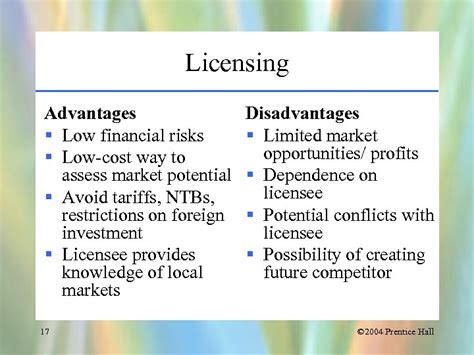Correlation evaluation of cryptocurrency market: Guide
The cryptocurrency world has evolved rapidly, with new markets and old favorites gaining popularity. As a result, investors who want to diversify their portfolios or engage in arbitration strategies must assess market correlation to increase return while reducing the risk. In this article, we will go into the concept of market correlation, its role in cryptocurrency markets and ensure the framework for its assessment.
What is Market Correlation?
Market correlation refers to the degree of ratio of two or more assets. It measures how closely their prices tend to move together in response to changes in the price of one active price. In other words, the market correlation determines the extent to which different cryptocurrencies are connected and affects each other’s performance.
Why is market correlation important?
Market correlation has several benefits to investors:
1
Risk Management : Understanding how different actively correlated, you can identify the potential risks and options in your portfolio.
- Diversification : High -market cryptocurrencies can be more attractive to diversification because they tend to move along with other assets.
3
Arbitration Options : Market correlation facilitates arbitration strategies, allowing traders to benefit from price differences between assets.
How to evaluate cryptocurrency market correlation
You can use the following methods to assess market correlation:
1
Rectual analysis : This includes calculation of the linear regression equation, which over time model the relationship between two or more cryptocurrency prices.
- Correlation coefficient (R square) : Linear relationship strength and directional measure between two active price movements.
Market Correlation Assessment Tools
Some popular tools for market correlation assessment are:
1
Quantconnect : On Python -based programming language for the development of quantitative models, including the analysis of the correlation of cryptocurrency.
- Quanta

: A platform that allows users to create and test trading strategies using various algorithms and data sources, including cryptocurrency market data.
3
Tradingview : Chart building platform that provides access to real -time market data, including cryptocurrency prices.
Market Correlation Calculation
You can use the following formula to calculate the correlation coefficient (R-square):
R -square = 1 – (SSE / SES)
where SSE is the quotes of square errors and the SES amount is the sum of the standard bugs of the square.
For example, if we accept two cryptocurrency prices, X and Y, with a daily return within six months, we can calculate their r square as follows:
R -square = 1 – ([(6.2) ² + (8.5) ²] / [(1.3) ² + (7.9) ²])
= 1 – (40.24 + 75.25) / (1.69 + 62.41)
= 1 – 115.49 / 64.09
≈ 0.73
This indicates a moderate level of correlation between the two cryptocurrencies.
Conclusion
The evaluation of the cryptocurrency market correlation is essential for investors who want to increase return while reducing the risk. With regression analysis, correlation coefficients (R-square) and other tools, you can assess the relationship between different cryptocurrencies’ price movements. This understanding will help you identify diversification opportunities, arbitration strategies and informed investment decisions.
suggestions
1
To reduce risk, diversify your portfolio : Spread investment in different cryptocurrencies.
- Market market trends : Keep track of the development of cryptocurrency market and adjust your strategy accordingly.
3
Stay on the date : Continuously update your knowledge of market correlations, algorithms and trading strategies.
